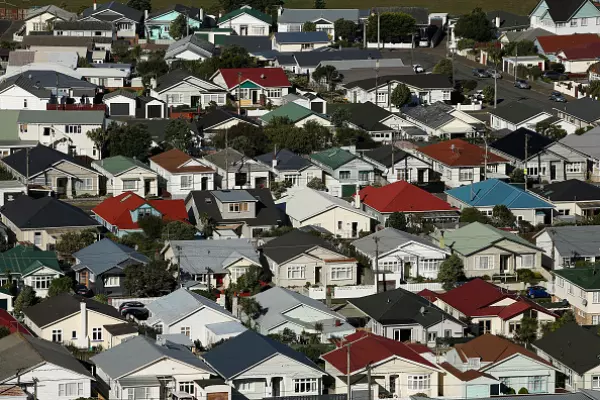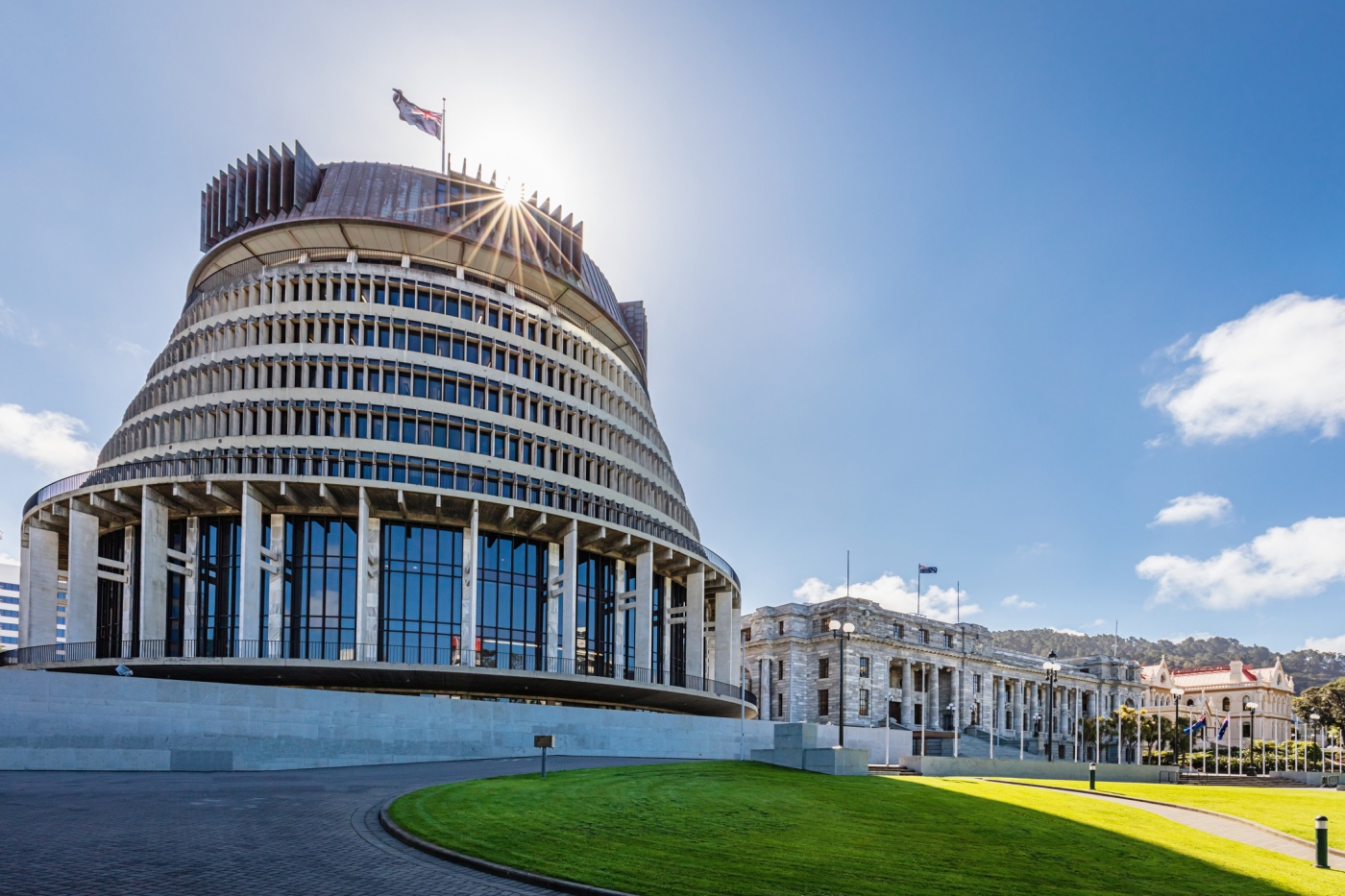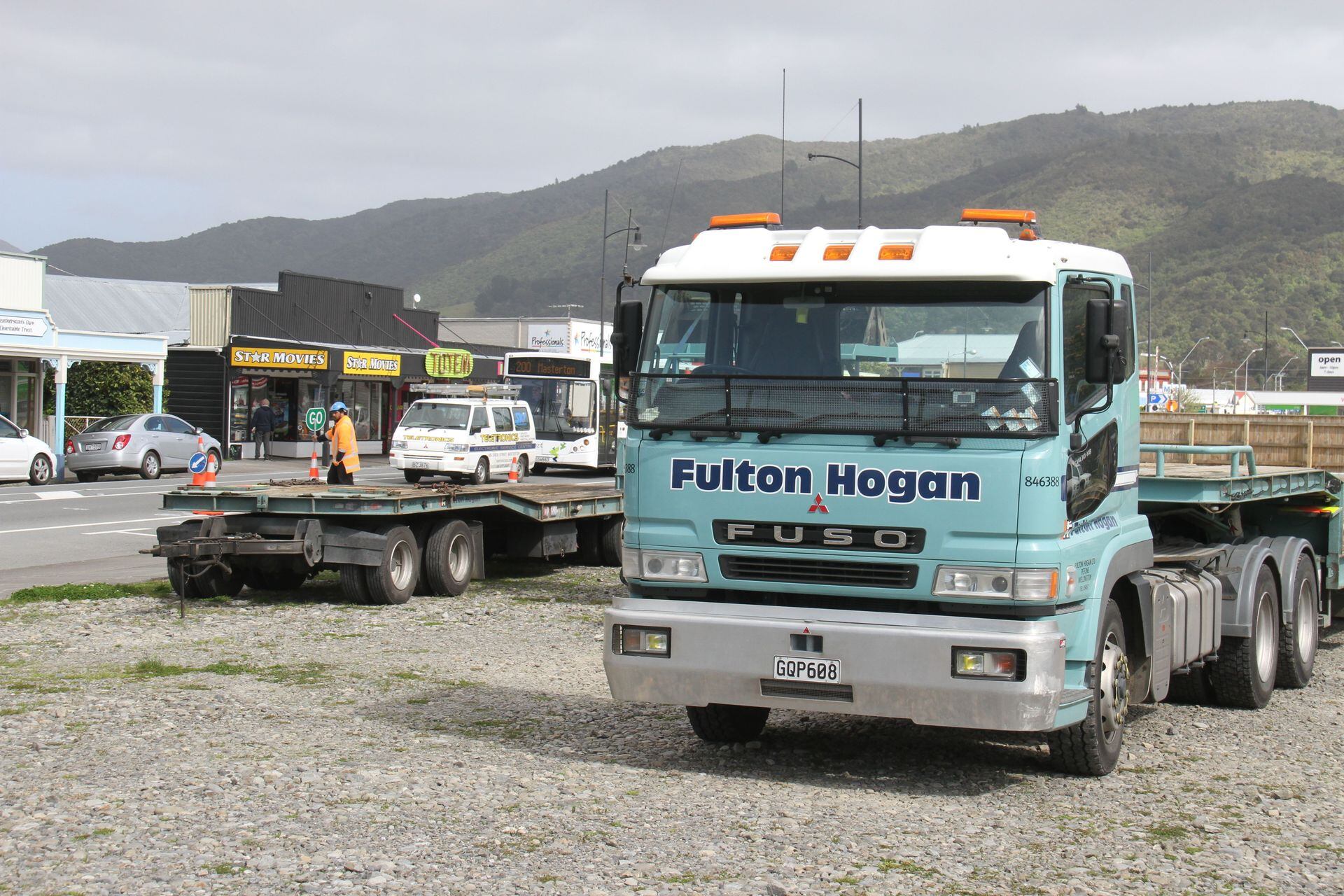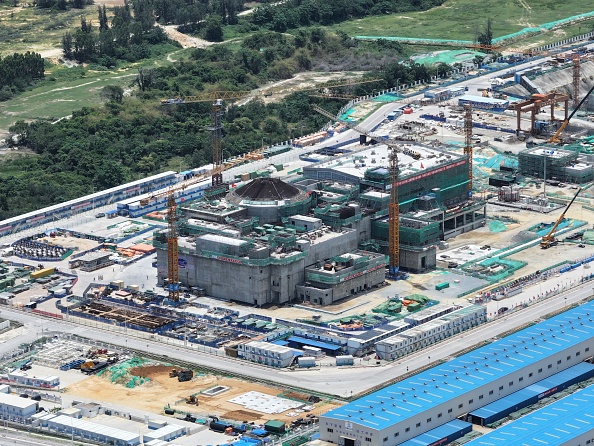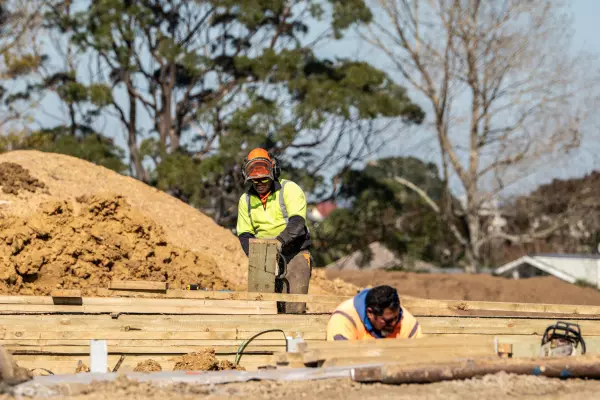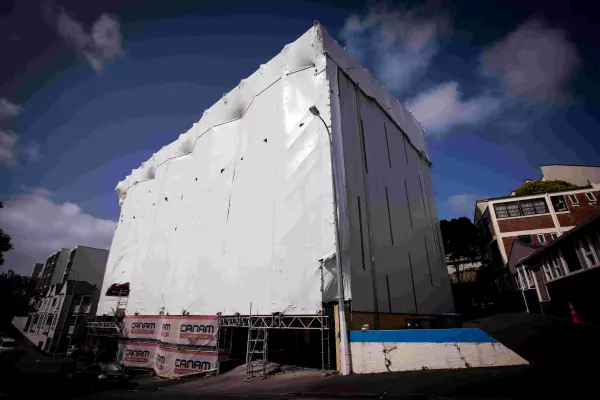Commercial property owners scramble, reacting to rent abatement demands
.png)
Commercial property owners are scrambling to respond to tenants' demands for relief from paying rent and at the same time trying to estimate what the damage to their bottom lines will be from the coronavirus crisis.
Kiwi Property Group was the canary in the coalmine when it told NZX on Tuesday that it had been checking its portfolio and "identified a small number of tenants relative to the total number of tenants in its portfolio with a contractual right to suspend rental payments if they are unable or chose not to occupy or utilise their premises because of the government order."
That was the national lockdown the government ordered from midnight Wednesday in the attempt to stop the spread of the covid-19 virus.
Kiwi Property estimated that if all its tenants who are able to exercise the right not to occupy do so, "the company expects it would result in a drop in gross rental income of around $6 million, representing less than 3 percent of the prior year's gross rental income."
But it looks like the problem could be a significantly bigger one for commercial landlords.
Colliers International has warned that the most common standard form of commercial property lease in New Zealand - the Auckland District Law Society deed of lease - includes a 'no access in emergency' clause added in 2012 in response to the Christchurch earthquakes.
In the aftermath of the quakes, many buildings were cordoned off and tenants were unable to access their premises or conduct business from them but were still required to pay rent.
"Whilst originally introduced in response to cordons from earthquakes, the clause covers a range of different emergency scenarios including eruptions, tsunamis, floods or even epidemics and contamination," said Colliers strategic advisory director Chris Farhi.
"The no-access clause provides for a fair proportion of payment of rent to stop temporarily if a property is unable to be accessed in an emergency and there are rights for the landlord or tenant to terminate the lease if the no-access continues for an extended period – the default period being nine months," Farhi said.
The wording of the standard clause is: ''if there is an emergency and the tenant is unable to gain access to the premises to fully conduct the tenant's business from the premises because of reasons of safety of the public or the property or the need to prevent, reduce or overcome any hazard, harm or loss that may be associated with the emergency."
With all but essential workers confined to their homes and vast swathes of office, industrial and retail properties lying empty, the current crisis seems to fall smack bang in the middle of qualifying.
The Property Council New Zealand, which represents commercial landlords, is among those scrambling to figure out what this means for its members and their tenants and expects to be able to say something publicly soon.
Yesterday, Stride Property said it was about to send a notice to the NZX outlining what the impact on it will be. Other listed property companies didn't respond to BusinessDesk's questions about the impact on them.
However, BusinessDesk has been told that these companies are being deluged with queries and demands from tenants.
The landlord of one small business tenanting an office in Auckland's CBD immediately offered a 50 percent rent reduction on the basis that, if the government rules such rent holidays should be higher or lower, the agreement will be varied accordingly.
Finance Minister Grant Robertson acknowledged yesterday that he's aware of the problem and said he had been receiving “feedback about some commercial landlords not being prepared to offer flexibility” on rents.
“Can I please urge landlords of commercial properties to speak to your tenants and work together,” Robertson told a media conference.
It was a far better outcome that those tenant businesses survive the current covid-19 shutdown than be put out of business, in part by inflexible rent demands, he said.
Across the Tasman, policymakers are considering ways to release firms from overheads such as rents through a shutdown, with the Australian Financial Review reporting that major retailers are putting pressure on landlords to offer relief by staging a rent strike while stores are closed.
Craig Tyson, head of property securities at ANZ New Zealand Investments, is in no doubt the extent of the problem is much wider than Kiwi Property suggested.
"The reality is that they are going to be speaking to their tenants about rental abatement," Tyson told BusinessDesk.
"You can't shutter parts of a mall and not give some relief to your tenants. All tenants now will be having some discussions" with their landlords.
Kiwi Property, for example, owns New Zealand's largest shopping mall, Sylvia Park.
"Property doesn't escape this" but a lot will depend on how long the emergency lasts. The initial order is to shut down everything non-essential for four weeks but Prime Minister Jacinda Ardern has made it clear it may go on for longer, depending on what happens to the number of people known to be infected with covid-19.
Tyson said the big worry for everybody is whether the shutdown causes permanent damage to a lot of businesses.
Comments



